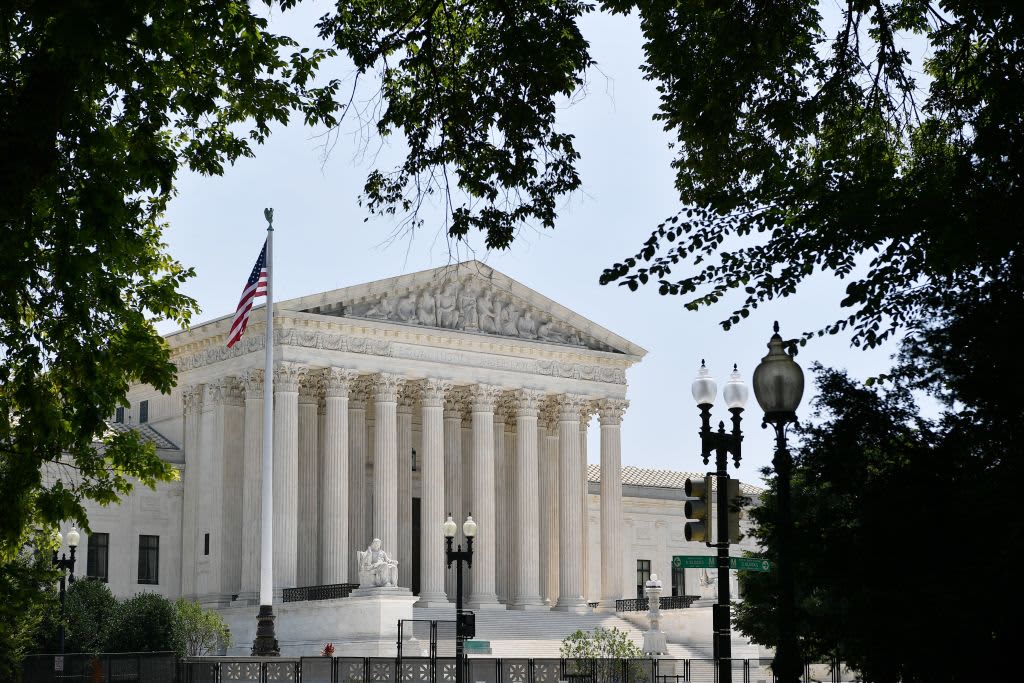Affirmative action has been a controversial topic in the United States for decades. Proponents argue that it is necessary to address systemic discrimination and ensure equal opportunities for all students, regardless of their race or background. However, opponents argue that affirmative action promotes reverse discrimination and undermines merit-based admissions.
Recently, the Supreme Court has taken up the issue of affirmative action in higher education once again. With the impending end of affirmative action, many are left wondering how this will impact Black and Latino/a students, who have historically been underrepresented in higher education.
One of the major concerns is that without affirmative action, Black and Latino/a students may face increased barriers to accessing higher education. Studies have shown that affirmative action has been instrumental in increasing the representation of minority students in colleges and universities. Without these policies in place, there is a fear that Black and Latino/a students may be disproportionately affected and struggle to gain admission to competitive institutions.
Furthermore, the end of affirmative action may also result in a more segregated higher education system. Without policies in place to promote diversity and inclusion, colleges and universities may become less diverse and more homogenous. This could have negative consequences for all students, as diversity has been shown to foster innovation, creativity, and critical thinking.
Additionally, without affirmative action, Black and Latino/a students may also face challenges in terms of financial aid and scholarships. Affirmative action has played a role in opening up access to resources and opportunities for minority students. Without these policies in place, there is a concern that financial aid and scholarships may not be equally distributed, further limiting the opportunities available to Black and Latino/a students.
Overall, the end of affirmative action is likely to have a significant impact on Black and Latino/a students in higher education. Without policies in place to promote diversity and inclusion, these students may face increased barriers to access and opportunities. It is essential for colleges and universities to continue to prioritize diversity and equity, even in the absence of affirmative action policies. Only then can we ensure that all students have an equal opportunity to succeed and thrive in higher education.
